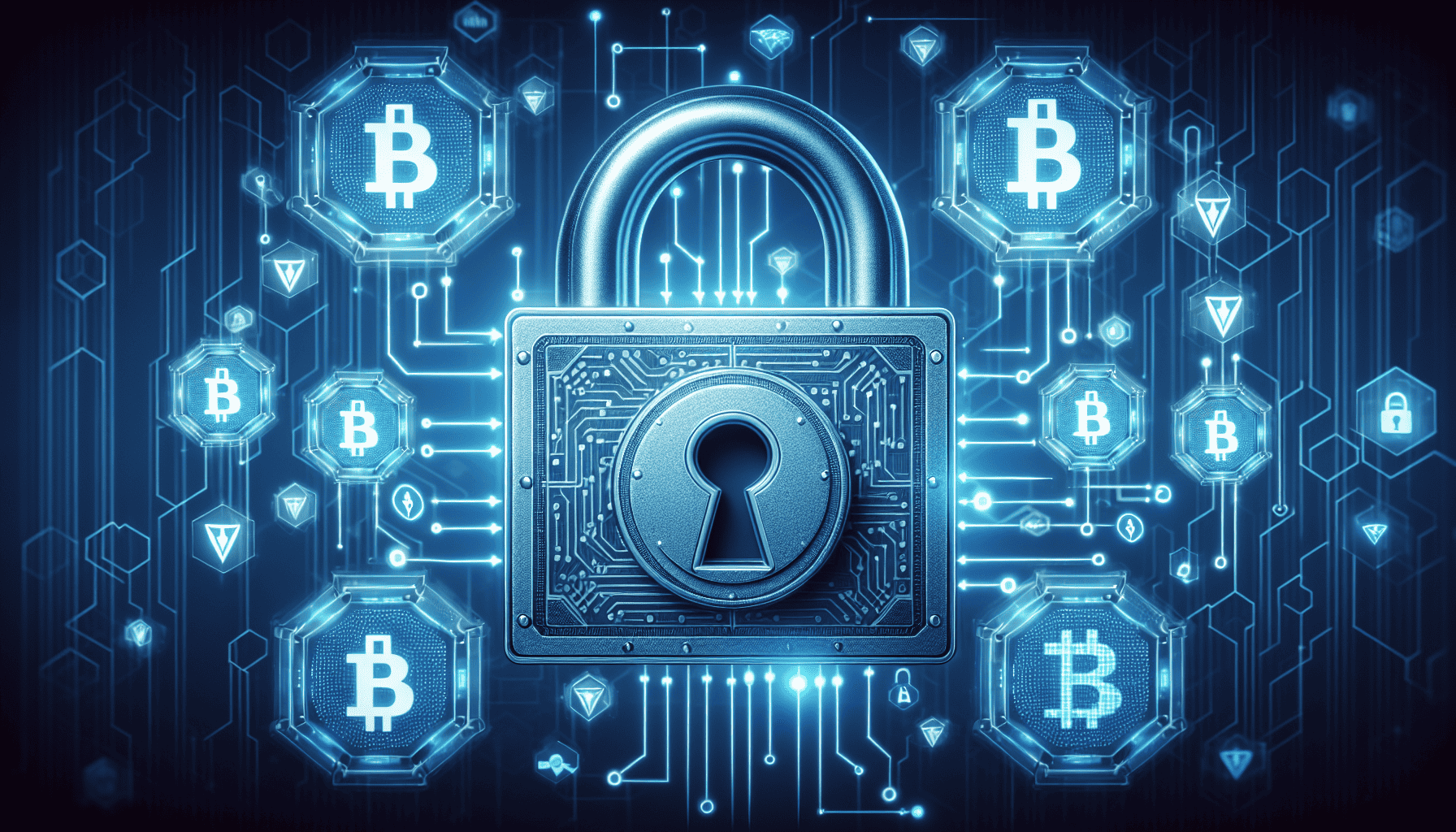In the evolving landscape of digital transactions and data storage, blockchain technology has emerged as a pivotal solution for ensuring security and integrity. As digital interactions continue to expand, the imperative to protect sensitive information and verify transactions becomes increasingly critical. Blockchain technology holds the potential to revolutionize the way we approach security, providing a decentralized and transparent framework that fortifies our digital future.
At its core, blockchain technology is a decentralized ledger that records transactions across multiple computers. This structure inherently protects against data manipulation and fraud. Each transaction, or 'block,' is securely linked to previous blocks in a chain through cryptographic hashes, making it nearly impossible to alter past records without detection. This immutable nature of blockchain ensures that once data is recorded, it cannot be changed retrospectively, safeguarding the integrity of the information.
One of the standout features of blockchain is its decentralized consensus mechanism. Unlike traditional centralized systems where a single entity controls the database, blockchain operates on a peer-to-peer network. This decentralization reduces the risk of single-point failures and cyber-attacks, as there is no central server to target. Every participant in the network, known as a node, has a copy of the entire blockchain, making it exceedingly difficult for malicious actors to compromise the system.
Moreover, blockchain employs advanced cryptographic techniques to ensure the confidentiality and authenticity of transactions. Each transaction is encrypted and requires a unique key for access, ensuring that only authorized parties can view or interact with the data. The use of public and private keys in a blockchain transaction further enhances its security, ensuring that all exchanges are secure and verified.
Smart contracts are another innovative feature of blockchain technology that enhances its security profile. These self-executing contracts with the terms of the agreement directly written into lines of code automate complex transactions and ensure that they only execute when specific conditions are met. This eliminates the need for intermediaries, reduces potential human error, and minimizes opportunities for fraud.
However, implementing robust blockchain technology involves more than just leveraging its inherent features; it requires a strategic approach to integrate these systems effectively within existing infrastructure. This includes addressing scalability concerns, managing energy consumption, and ensuring compliance with regulatory standards.
Organizations looking to adopt blockchain must carefully assess their specific security needs and choose the appropriate blockchain framework that aligns with their objectives. It's essential to engage with cybersecurity experts to tailor solutions that mitigate potential vulnerabilities unique to blockchain deployments.
As the digital landscape continues to evolve, the importance of securing transactions and maintaining data integrity cannot be overstated. By harnessing the power of blockchain technology, we can build a secure digital framework that not only protects our current assets but also paves the way for a trusted and transparent future. Embracing blockchain security is not merely a trend; it is a crucial step toward safeguarding our digital existence, ensuring that as we move forward, we do so with confidence and security.
